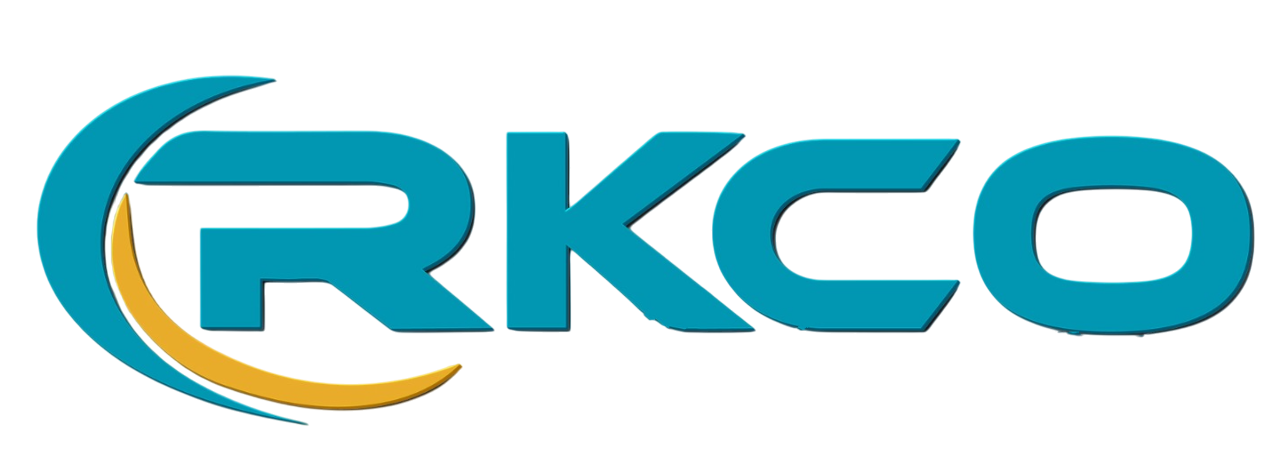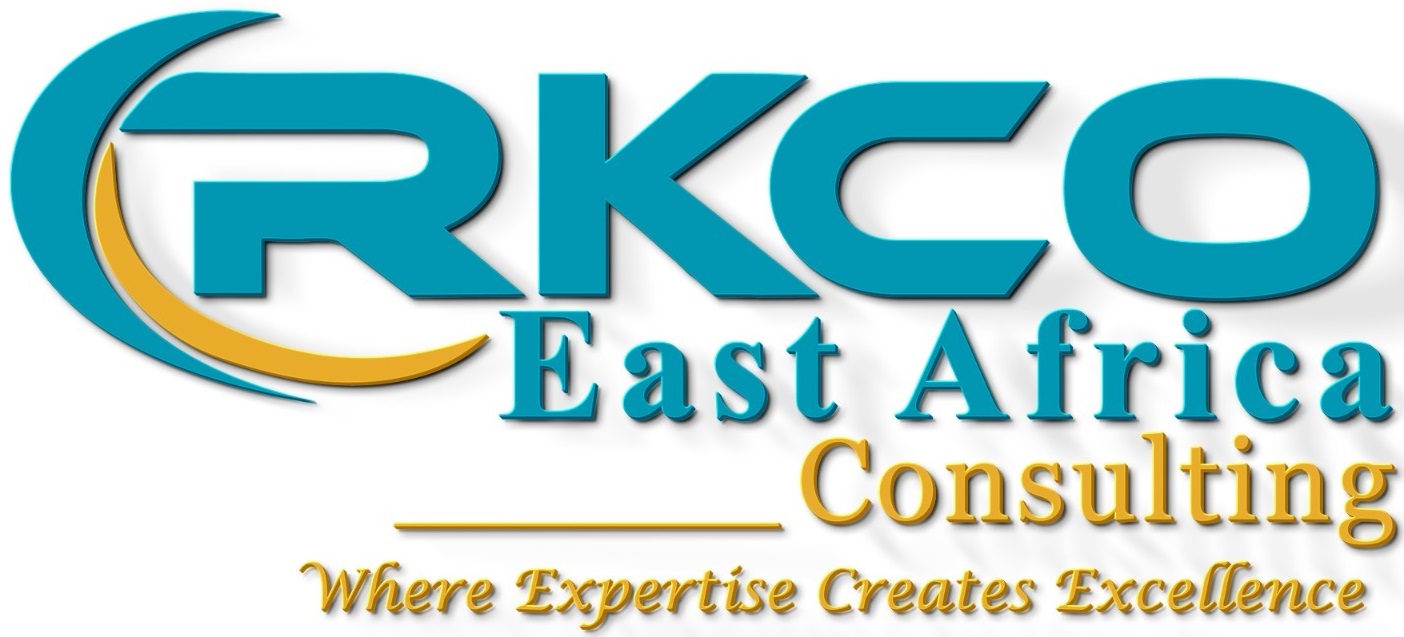
As the business landscape becomes increasingly complex and fast-paced, internal audits must evolve beyond traditional, paper-based methods. Today, digital tools are transforming internal auditing, offering greater efficiency, accuracy, and strategic value. At RKCO East Africa Consulting, we believe that embracing digital transformation in auditing is not just a trend—it’s a necessity for organizations aiming to stay ahead.
The Shift Towards Digital Auditing
Traditional internal audits often involve time-consuming manual tasks, fragmented documentation, and delayed reporting. In contrast, digital tools offer a centralized, automated, and data-driven approach that enhances the entire audit lifecycle—from planning and execution to reporting and follow-up.
This shift enables auditors to focus less on data collection and more on risk analysis, control assessment, and providing actionable insights to management.
Key Benefits of Using Digital Tools in Internal Audits
1. Improved Efficiency and Time Savings
Automation tools reduce the time spent on repetitive tasks such as data entry, sampling, and report generation. Auditors can conduct audits faster while maintaining high quality and compliance standards.
2. Real-Time Risk Monitoring
Digital tools allow for continuous auditing and real-time monitoring of key controls. This proactive approach helps organizations detect issues early and respond promptly, reducing exposure to risks.
3. Enhanced Accuracy and Reduced Human Error
Automated processes and data analytics minimize human errors that are common in manual audits. This improves the reliability and credibility of audit findings.
4. Centralized Data Management
Cloud-based platforms enable secure, centralized storage of audit data, making it easier to access, review, and share information across teams and departments—even remotely.
5. Better Compliance and Documentation
Digital tools ensure proper documentation, version control, and audit trails. This helps organizations meet regulatory requirements and respond more effectively during external inspections or certification audits.
Popular Digital Tools and Technologies in Internal Auditing
- Audit Management Software (e.g., TeamMate, AuditBoard, MetricStream): Streamlines the end-to-end audit process.
- Data Analytics Tools (e.g., ACL Analytics, Power BI): Uncover trends, anomalies, and control weaknesses through advanced data analysis.
- Cloud Platforms: Facilitate secure storage, access, and collaboration on audit files and reports.
- AI and Machine Learning: Predict risk areas and automate audit testing through intelligent algorithms.
- Mobile Audit Apps: Allow auditors to collect data, capture evidence, and perform checklists on-site using smartphones or tablets.
RKCO’s Role in Supporting Digital Audit Transformation
At RKCO East Africa Consulting, we support organizations in integrating digital tools into their internal audit functions. Our services include:
- Assessing audit digital maturity and identifying improvement opportunities
- Recommending and implementing suitable audit software solutions
- Training audit teams on digital tools and methodologies
- Developing data-driven audit strategies aligned with business goals
- Supporting real-time and remote audit capabilities
Final Thoughts
The future of internal auditing lies in digital transformation. By embracing technology, organizations not only enhance their audit function but also unlock strategic insights that drive better governance, risk management, and operational excellence.
Investing in digital audit tools today means gaining a competitive edge tomorrow.
Ready to transform your internal audit process?
Connect with RKCO East Africa Consulting and let us guide you on the journey toward a smarter, tech-enabled audit function.





